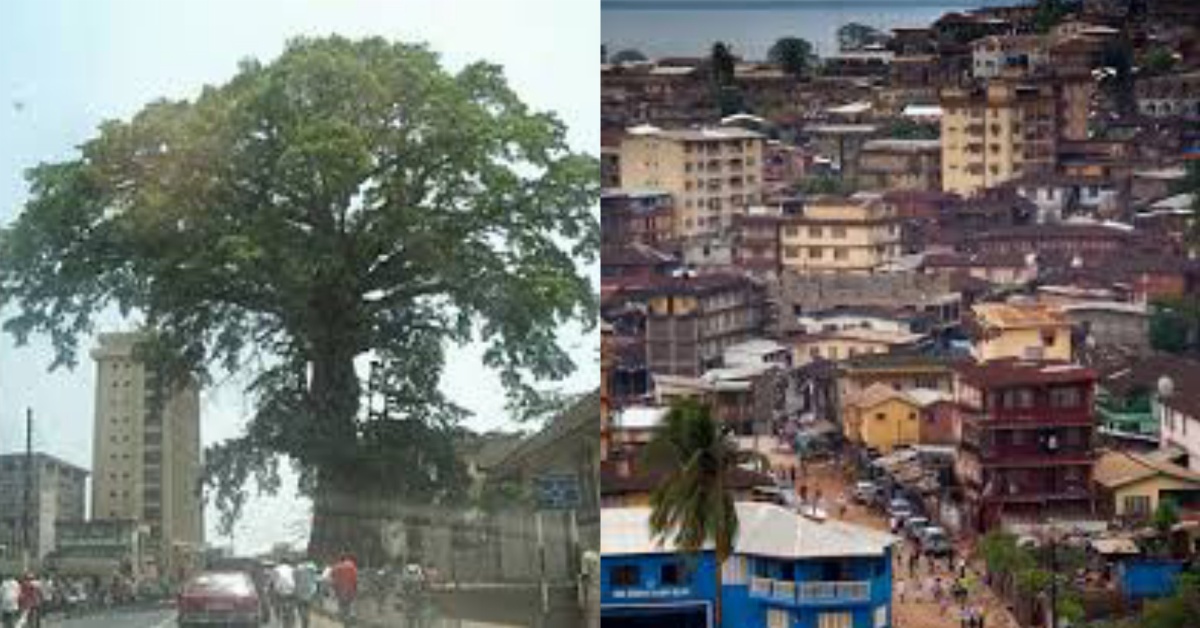Freetown has gotten its first Heat Officer, Eugenia Kargbo whose mandate is to raise public awareness about extreme heat, improve responses to analyze, and collect, analyse, and visualize impact data for the city.
Freetown is increasingly threatened by dangerous temperatures as in 2017, the Intergovernmental Panel on Climate Change ranked Sierra Leone third, after Bangladesh and Guinea Bissau, on its list of countries most vulnerable to climate change.
Many factors have led to the risks concentrated in the capital and largest city, Freetown, where some 35% of the population live in 74 informal settlements in disaster-prone areas like the seafront or hillsides, houses are densely built, and typically temporary structures made of “heat-trapping” materials while services that support cooling, such as water and electricity, are usually inadequate.
Kargbo’s work will include; the process of focusing on early warning and improved awareness, accessing the exposure to the extreme heat that usually comes with health problems and exacerbates underlying health conditions.
An examination of knowledge and awareness about climate-related and environmental problems in African traditional society shows there is much to be learned from indigenous systems as people mostly affected by heat lives in low-income and informal areas.




 1 Comment
1 Comment










I don’t think the title of your article matches the content lol. Just kidding, mainly because I had some doubts after reading the article.